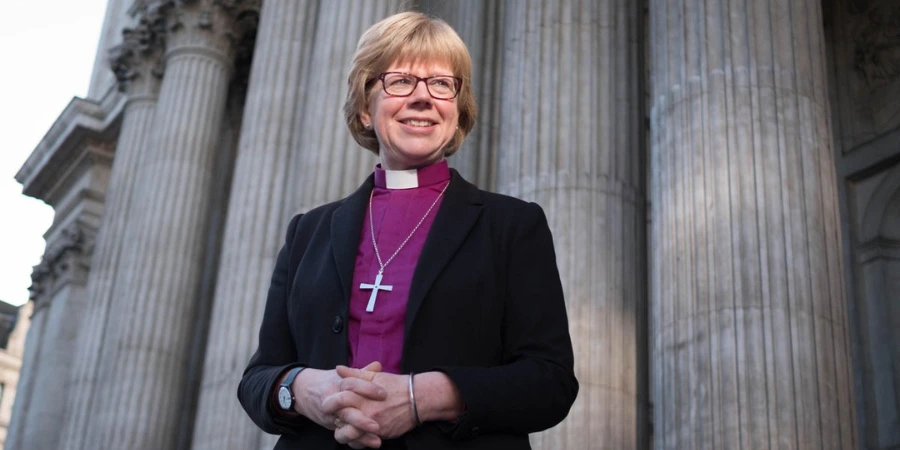The Church of England has entered a new era with the appointment of Sarah Mullally as the first female Archbishop of Canterbury in the institution’s 1,400-year history. The announcement, made Friday, represents a watershed moment for the global Anglican Communion and its 85 million members worldwide.
Dame Sarah, currently serving as Bishop of London, becomes the 106th person to hold the position, breaking an unbroken succession of 105 male archbishops. King Charles III approved her nomination, while Prime Minister Keir Starmer praised the decision, emphasizing that “the Church of England is of profound importance to this country.”
A Journey of Service
At 63, Mullally brings an unconventional background to Canterbury. Before entering the clergy, she dedicated over 35 years to the National Health Service, becoming England’s youngest Chief Nursing Officer in 1999. Her transition to religious life began in 2006 when she pursued ordination, eventually rising to Bishop of London in 2018, the third-most senior position in the Church hierarchy.
“As I respond to the call of Christ to embark on this new ministry, I do so with the same spirit of service to God and others that has guided me since my teenage years,” Mullally stated following her appointment. Her formal installation will occur through a confirmation ceremony in January, followed by an enthronement service at Canterbury Cathedral in March 2026.
Historic Milestone
The appointment marks the fruition of reforms introduced 11 years ago that opened bishop positions to women. Mullally’s selection demonstrates the Church’s commitment to gender equality in leadership, though it arrives at a turbulent time for the institution.
Navigating Complex Challenges
Mullally assumes leadership following Justin Welby’s resignation in November 2024. Welby stepped down after an independent investigation revealed he failed to report serial abuse by volunteer John Smyth to police when he learned of it in 2013. The scandal intensified existing pressures on Church leadership.
The incoming archbishop faces multiple urgent issues: declining attendance, deep theological divisions over LGBTQ matters, and the critical need to rebuild institutional trust. Andrew Graystone, an advocate for church abuse survivors, identified trust restoration as paramount, noting “the biggest challenge for the new archbishop is to restore trust after a decade of abuse scandals.”
Global Implications
Mullally’s progressive stance on same-sex blessings may strain relations with conservative Anglican churches, particularly in Africa and Asia. GAFCON, representing traditional Anglican congregations across these regions, has already signaled disapproval, declaring that Canterbury has “ceded its authority to lead.”
Despite potential theological friction, supporters point to Mullally’s administrative capabilities, citing her successful modernization of the London diocese during the COVID-19 pandemic as evidence of her leadership skills.
Expanded Influence
The position automatically grants Mullally a seat in the House of Lords, positioning her to influence national policy debates. She has already indicated strong opposition to the Assisted Dying Bill, suggesting she will be an active voice in parliamentary affairs.
As Sarah Mullally prepares to take the helm of one of Christianity’s oldest institutions, she carries the weight of historic expectation alongside the practical challenges of leading a church seeking renewal and relevance in contemporary society.













